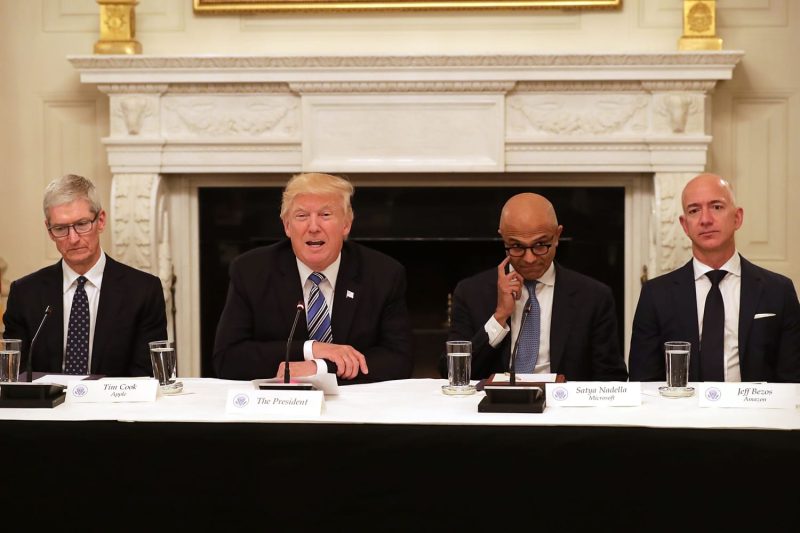Wall Street, known as the financial hub of the world, is abuzz with speculation about how a Trump presidency could impact deal-making and business dynamics. Historically, Donald Trump has been viewed as a successful businessman with a flair for negotiation and making deals. As such, many in the finance sector believe that a Trump presidency could potentially unlock a new wave of deal-making opportunities.
One key aspect that Wall Street is closely monitoring is Trump’s approach to regulations and tax policies. Throughout his campaign and presidency, Trump has consistently favored deregulation and tax cuts to stimulate economic growth and incentivize businesses to invest. Should these policies continue or even be expanded upon under a potential second term, Wall Street anticipates a favorable environment for deal-making to flourish. Reduced regulatory hurdles and a more business-friendly tax structure could encourage corporations to explore mergers, acquisitions, and other strategic partnerships.
Furthermore, Trump’s unpredictable and unconventional negotiating style has both supporters and critics. While some admire his willingness to challenge the status quo and shake up traditional norms, others find his unpredictability unsettling. Nevertheless, Wall Street is optimistic that Trump’s approach could lead to innovative and bold deal-making strategies that may not have been possible under a more conventional administration. His willingness to engage directly with business leaders and foreign counterparts could open up new avenues for cross-border deals and international partnerships.
Another factor that could influence deal-making under a Trump presidency is his administration’s stance on trade agreements and tariffs. Trump has been vocal about renegotiating or withdrawing from existing trade deals that he believes are not in the best interest of the United States. While this protectionist approach may lead to tensions with some trading partners, it could also create opportunities for domestic deals and strategic alliances to bolster the American economy.
In conclusion, Wall Street is closely watching the potential impact of a Trump presidency on deal-making and business interactions. While there are uncertainties and risks associated with Trump’s unconventional style and policy decisions, many in the finance sector see the potential for a dynamic and active deal-making environment under his leadership. Whether through deregulation, tax incentives, unconventional negotiating tactics, or trade policies, a Trump presidency could indeed unlock new opportunities for businesses to engage in transformative deals and strategic partnerships.
